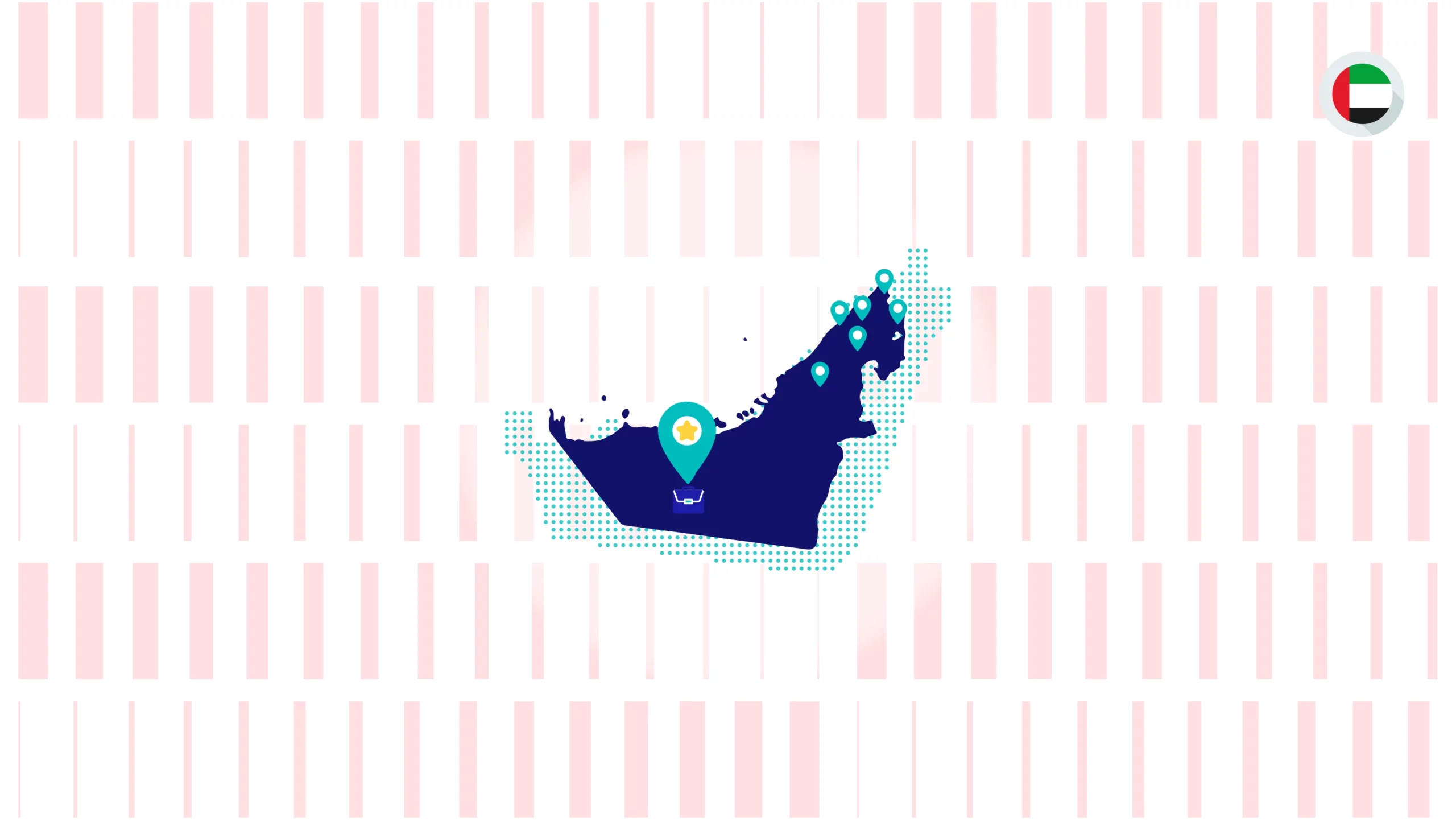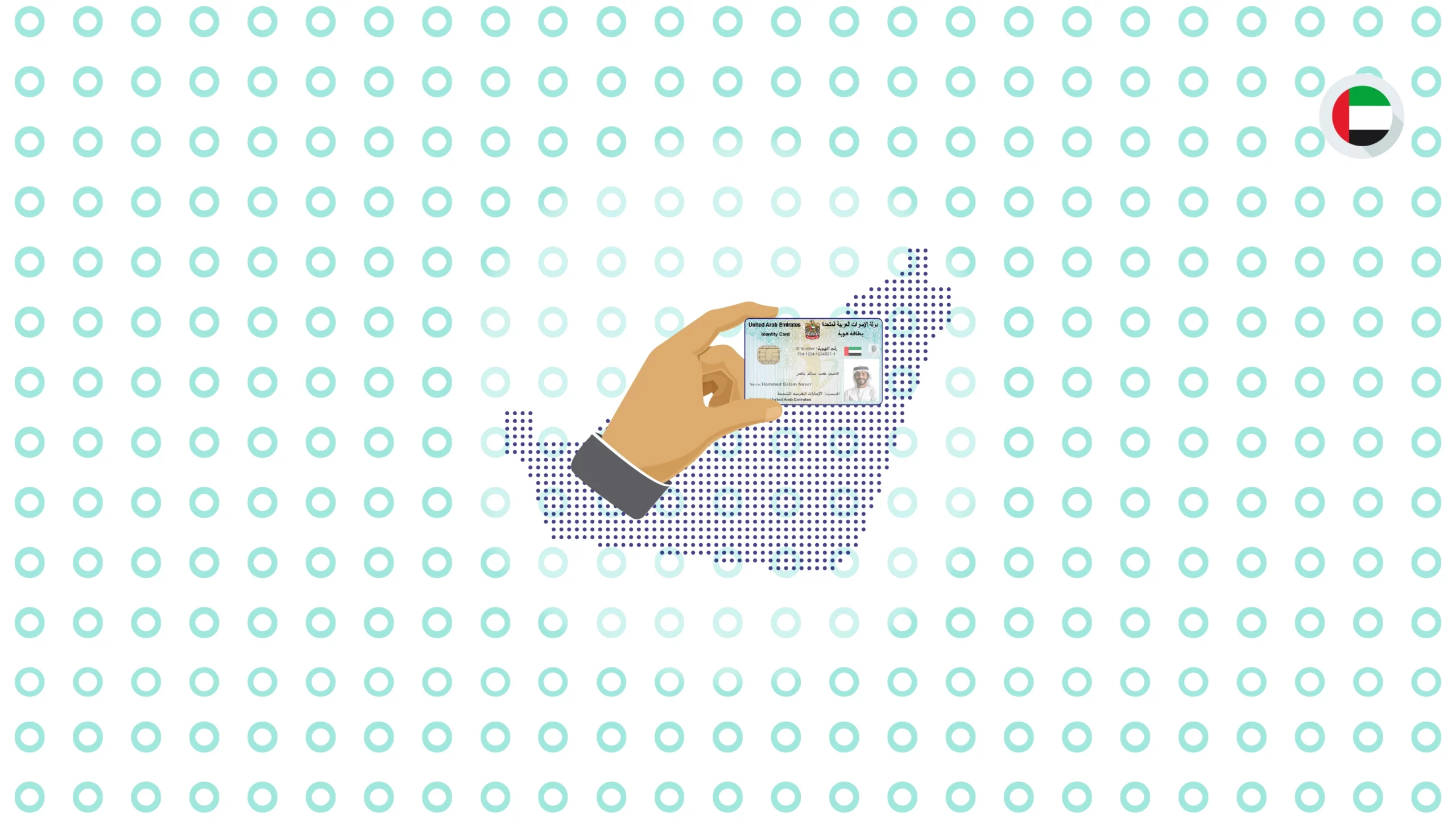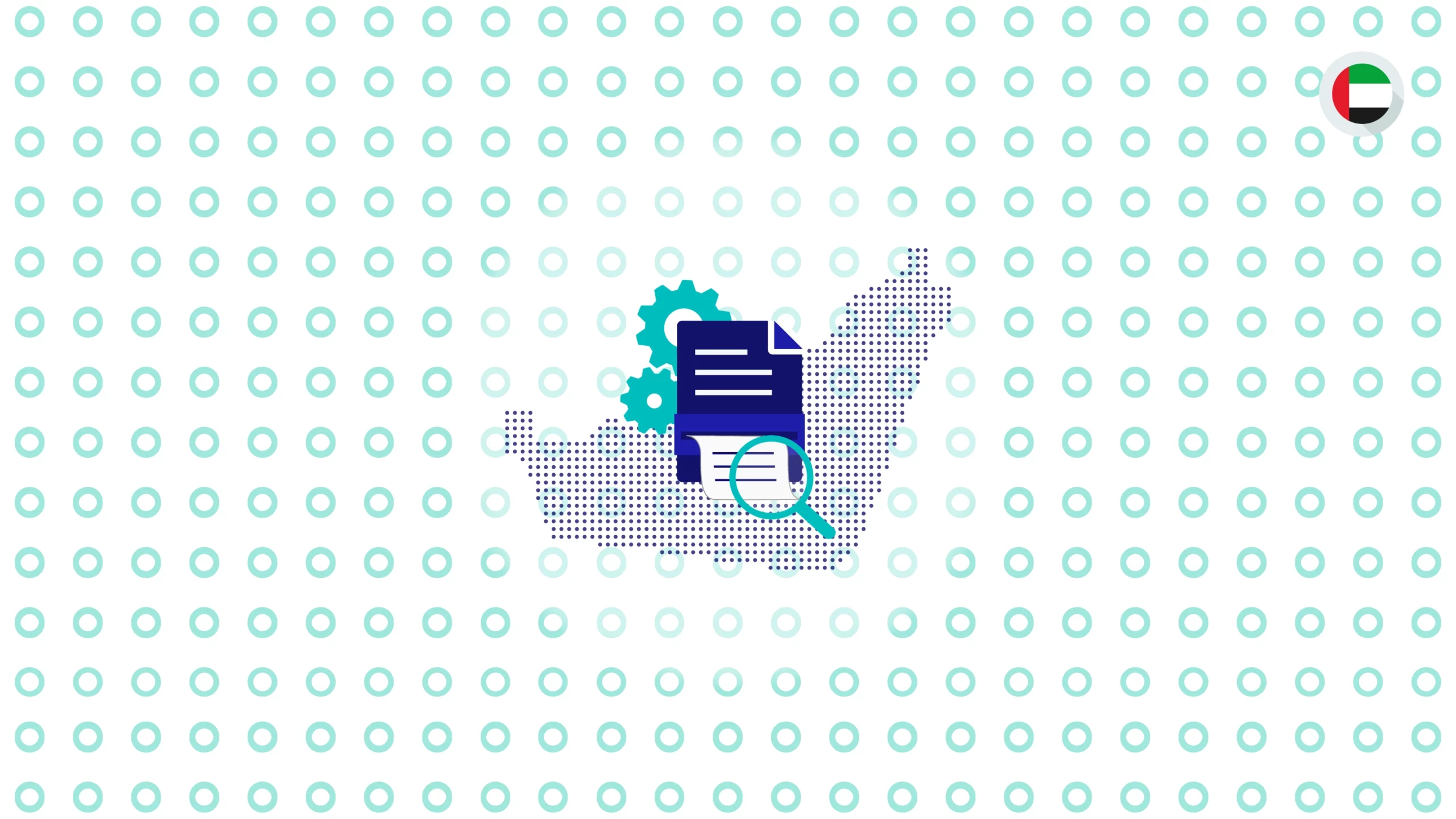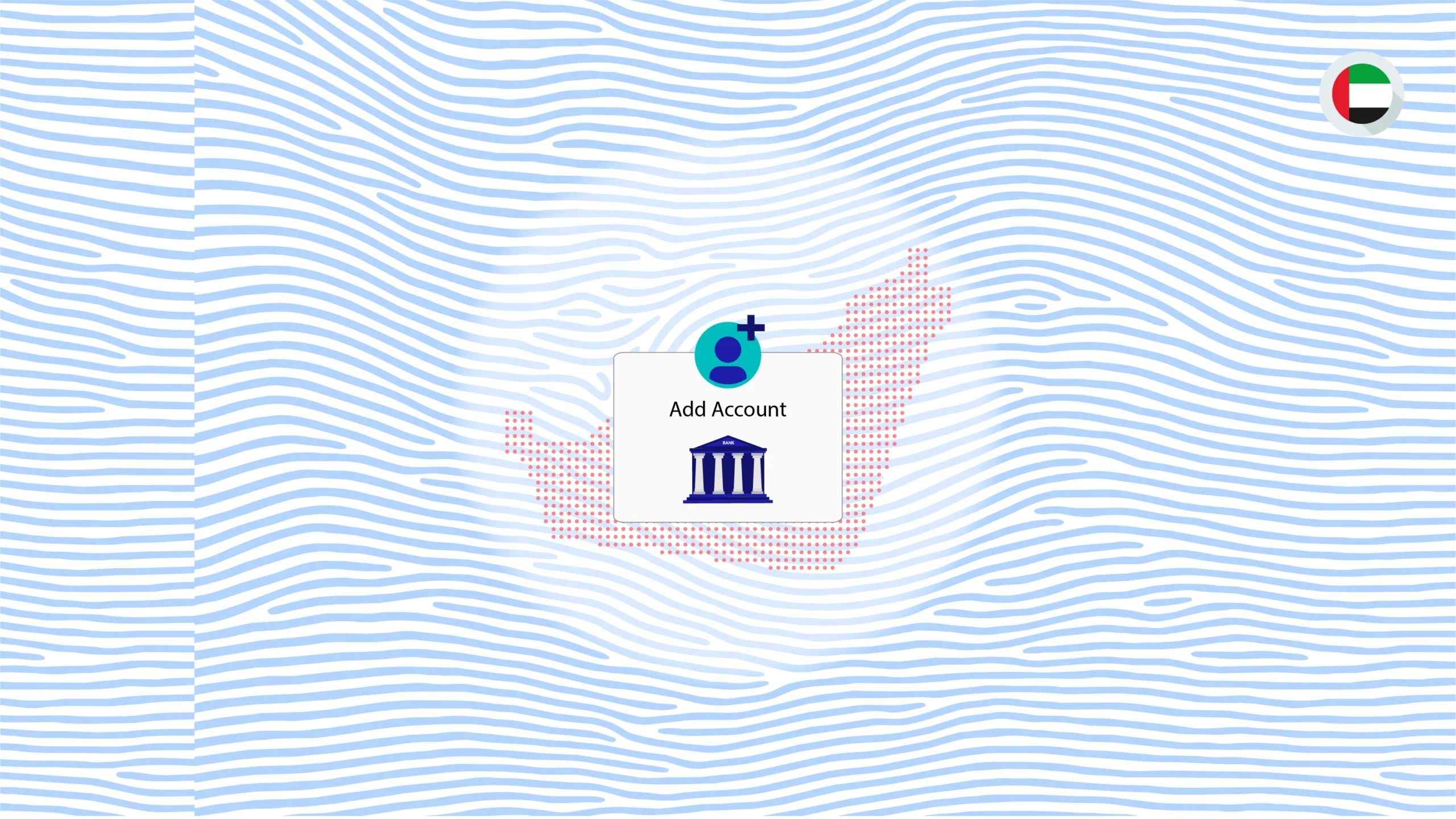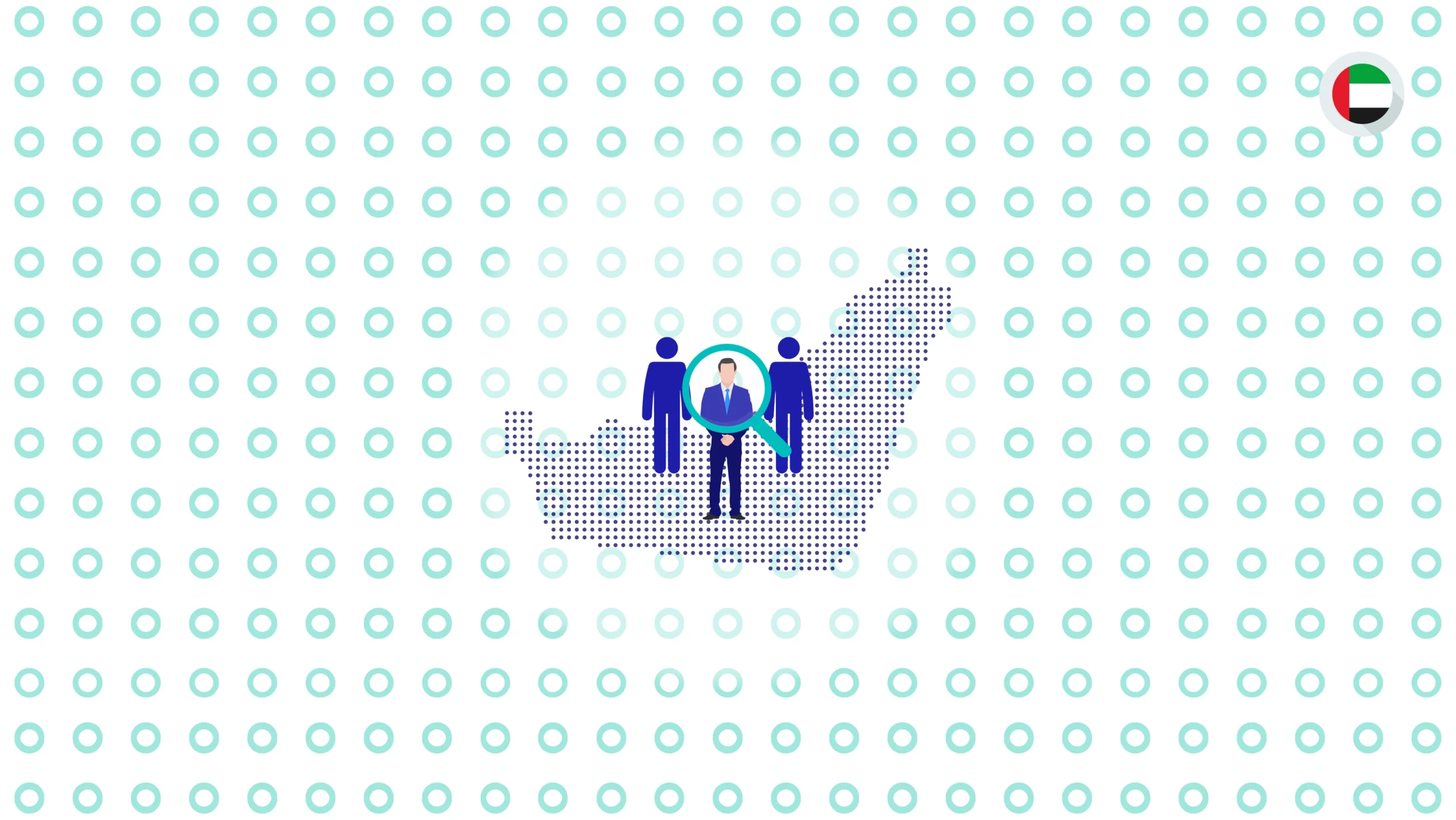How to Pick a Freezone While Starting a Business in UAE?
November 13, 2024
9 minutes read
- While UAE has 45+ freezones across seven emirates, only specific ones like DIFC and ADGM operate under their own comprehensive legal and regulatory frameworks.
- Office space requirements directly impact visa quotas – physical offices allow one visa per 9-10 square meters across Dubai freezones.
- Some freezones demand physical office space from day one, while others like IFZA allow flexible arrangements – impacting initial setup costs significantly.
Imagine moving to a new city. You need a neighborhood that clicks—one that suits your pace, has the right connections, and feels like home.
Choose wrong, and you’re stuck in a place that doesn’t fit your lifestyle. Choose right, and everything clicks—you’re right where you belong.
Picking a free zone in the UAE is like choosing that perfect neighborhood.
Especially for businesses in highly regulated sectors like financial services, digital assets, or high-tech ventures, you need a zone that’s “in sync” with your goals.
Some free zones offer immediate access to like-minded businesses, giving you a front-row seat to industry connections. Others come with built-in regulatory support, helping you stay in the clear as you grow. And a few are designed for pure flexibility, letting you scale up without missing a beat.
Curious where your business would “click” best? It’s a fast read – let’s go.
What Exactly is a Freezone (and Why It Matters)
Setting up a business in the UAE requires understanding a fundamental choice between mainland and freezone operations.
Think of freezones as specialized business communities, each with its own character, costs, and focus industries.
UAE freezones offer clear advantages:
- 100% foreign ownership
- Zero corporate tax on most activities (for qualified income only)
- Complete repatriation of capital and profits.
Yes, there are 45+ UAE freezones across seven emirates, but choosing the right one becomes simple when you focus on what truly matters for your business.
Picking Best UAE Freezone For Your Business
While freezones differ in dozens of ways, the 80/20 rule applies perfectly here – 80% of your success depends on just three critical factors. These are:
- Your Business Activity – what you can and cannot do
- Your Budget – beyond the advertised prices
- Location Practicality – when it matters and when it doesn’t
Master these, and the rest becomes secondary. Let’s focus on what actually moves the needle for your business.
1. Your Business Activity
Gone are the days when all free zones allowed everything. Your entire business model might need adjustment based on what’s permitted.
While multiple freezones permit various financial and professional activities, only specific ones provide the robust frameworks and ecosystems needed for complex operations.
Some freezones operate under their own comprehensive regulations, offering frameworks based on English common law and housing complete business ecosystems. This becomes crucial when your operations involve regulated activities, digital assets, or innovative financial solutions.
| Business Activity | Key Requirements | Recommended Freezones | Critical Considerations |
| Digital Assets & Trading | Regulatory clarity, secure infrastructure | ADGM, DIFC | Licensing requirements, compliance framework |
| Investment Services | Legal framework, market access | DIFC, ADGM | Capital requirements, regulatory oversight |
| Advisory Services | Professional licensing, client access | DIFC, DMCC, DAFZA | Qualification requirements, scope limitations |
| Technology & Innovation | Testing environment, modern infrastructure | DIFC, ADGM, DIC | Sandbox access, data regulations |
| Trading & Commodities | Market connectivity, trading platforms | DMCC, DAFZA | Trading restrictions, reporting requirements |
Beyond the basic license permissions, it’s crucial to understand how each freezone supports complex operations.
While some offer regulatory sandboxes for testing new solutions, others provide established frameworks for traditional activities. The key is matching your operational needs with the freezone’s regulatory and infrastructural capabilities.
Here’s what to verify before choosing:
- Specific activities permitted under your license type
- Regulatory requirements and compliance frameworks
- Access to necessary market infrastructure
- Integration possibilities with local systems
- Growth and expansion pathways
The cost implications can be significant but necessary – specialized freezones typically have higher setup and licensing fees. However, they provide the regulatory clarity and market access essential for sophisticated operations in the UAE.
2. Your Budget
When businesses compare UAE freezones, they often focus solely on license fees – which range from AED 10,000 to 50,000. But focusing only on these headline numbers misses the bigger picture. The real costs include registration fees (different for each freezone), legal documentation, and attestation (around AED 5,000).
Your essential first-year costs include:
- Initial license and registration (Including regulatory fees)
- Legal documentation and attestation
- Pre-approval fees
- Establishment card costs
- Trade name registration
- Initial visa processing
- Basic facility setup
While many freezones advertise attractive first-year packages, the real test comes in year two when renewal costs often increase substantially.
A realistic approach is to map out costs over three years. Here’s a practical framework:
- Year 1: Initial setup + operating costs
- Year 2: License renewal + expected growth costs
- Year 3: License renewal + expected growth costs + Factor in potential expansion needs
Facilities and Visas
Your choice of facility directly impacts how many people you can bring on board and how effectively your team can operate.
- A flexi-desk typically allows 2-3 visas in Dubai, while northern emirates tend to be more generous, making them cost-effective for staff-heavy operations.
- For physical offices, the standard ratio across Dubai freezones is one visa per 9-10 square meters.
A flexi-desk might cost AED 15,000-25,000 annually, while a small office of 200 square feet can exceed AED 50,000 per year.
Larger spaces come with custom pricing structures. Your business type and growth plans should drive this decision – not just current budget constraints.
Other regular operational costs include:
- Annual regulatory compliance costs
- Bank minimum balance requirements (AED 10,000-50,000)
- License and permit renewals
- Facility maintenance and service charges
- Visa quota management
- Professional fees (audit, legal)
- Technology and infrastructure costs
This longer view often reveals that the cheapest initial option isn’t always the most cost-effective.
3. Freezone Location
Location only matters when it directly affects your money or operations. But when it matters, it matters significantly.
The real question isn’t “which is the best location?” but rather “what location features actually impact your business?”
Premium locations command premium prices – but does your business model justify the investment?
For regulated activities and sophisticated operations, being in established financial districts provides proximity to regulators, access to specialized infrastructure, and integration into professional networks that could prove invaluable.
Other Tips on Picking Best Location
When picking a location, don’t forget to take advantage of (if any) connections you have in the free zones you’ve shortlisted. Current freezone tenants offer insights no brochure will mention.
They know about the real response times from authorities, the hidden operational challenges, and the true benefits of different locations. Look for businesses similar to yours – their experiences often predict your own journey.
If you are still confused, start by looking at where your target clients are already doing business. If most of your potential clients are in one freezone, there’s often a good reason for it. The ecosystem benefits – from networking to business development – can outweigh pure cost considerations.
Other Factors
While the core factors determine your primary freezone choice, several secondary elements can significantly impact your long-term operations. These aren’t deal-breakers, but they can make the difference between smooth operations and constant friction.
| Factor | Why It Matters |
| Banking Relations | Certain freezones (like DIFC, DMCC) have stronger banking relationships, making account opening smoother and international transactions more efficient. Critical for businesses handling frequent cross-border transactions. |
| Regulatory Support | Quality and speed of regulatory assistance vary significantly. Premium freezones offer dedicated relationship managers, fast-track processing, and clear escalation pathways – crucial during operational challenges. |
| Technology Infrastructure | Beyond basic internet, advanced freezones provide integrated regulatory reporting platforms, payment systems, and digital documentation processes. Impacts operational efficiency and compliance costs. |
| Business Ecosystem | The presence of key service providers, quality talent pool, and industry peers can significantly reduce operational friction. Strong ecosystems often translate to better business opportunities and knowledge sharing. |
| Exit Options | Different freezones have varying processes for restructuring, ownership changes, or license cancellation. Clean exit possibilities become crucial during strategic changes or market shifts. |
| Community Benefits | Regular industry events, networking opportunities, and knowledge sharing initiatives can provide unexpected business development opportunities and market insights. |
| Market Access | Some freezones provide better access to specific markets or industries through established networks and partnerships. Can significantly impact business development efforts. |
After Picking Freezone in UAE – Next Steps
So you’ve picked your freezone – congratulations on clearing that first hurdle! But here’s where things get interesting, especially for financial institutions.
Setting up financial operations in the UAE means adapting to well-structured regulations that protect market quality. Each freezone has its own distinct framework designed to maintain the region’s high standards.
While these robust regulations ensure market integrity, managing multiple compliance requirements across customer onboarding, transactions, and document verifications can be complex for growing institutions. Traditional manual processes, though thorough, often struggle to keep pace with UAE’s dynamic financial sector.
Signzy helps financial institutions streamline these challenges with automated KYC, business verification, and identity check solutions designed specifically for UAE freezone requirements.
Frequently Asked Questions
- Does choosing a premium freezone like DIFC actually matter for financial operations?
A: Yes. Premium freezones offer specialized regulatory frameworks, stronger banking relationships, and established financial ecosystems – crucial advantages that often justify higher costs.
- How long does the freezone setup process typically take?
A: Standard setup takes 2-3 weeks. Regulated financial activities may require additional 2-4 weeks for specific approvals and licensing.
- Can financial institutions operate across multiple UAE freezones?
Yes, but each presence requires separate licensing and compliance frameworks. Most institutions start with one primary location for operational efficiency.
- Are there restrictions on changing freezones later?
Yes. Moving between freezones requires new licensing and may affect existing permits. Strategic initial choice saves significant future costs.
